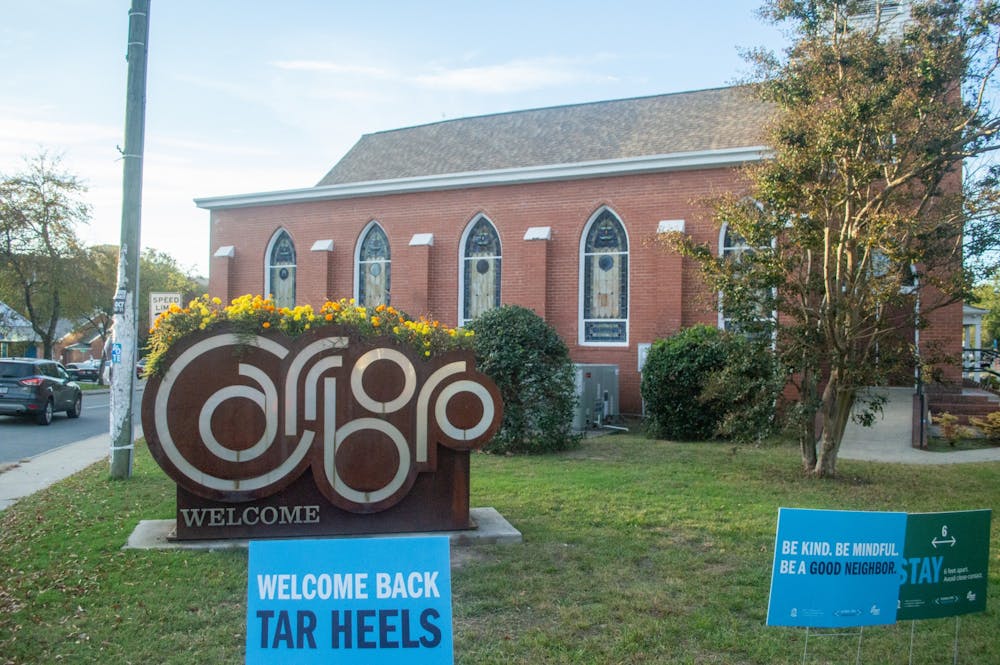The Town of Carrboro will place a "truth plaque" at the site of the former Freedmen's school at the border of Chapel Hill and Carrboro to recognize its historical importance.
The sign will read: “Green Cordal & Benjamin Craig, freed from bondage, purchased this land for a Freedman School and church. With funds from the Society of Friends, they built a schoolhouse that served hundreds of free Black children and adults.”
It's unclear when the plaque will be placed. The Truth Plaque Community Task Force, initiated by Carrboro Town Council member Jacquelyn Gist, implemented its first truth plaque last year at Carrboro Town Hall to recognize the history of Julian Carr, the white supremacist who Carrboro is named for.
“The plan is to do numerous truth plaques around the town that speak to our true history,” Gist said. “Knowing the truth of our community is really important as we move forward to address the evils of racism.”
Tom Tucker, the owner of Carolina Car Wash in Chapel Hill, said he first approached the Carrboro Town Council about recognizing the history of the school in 2015. When he bought the property for the car wash in 1997, he said he noticed in the title work that the land was originally owned by Quakers, and the Freedmen’s school and the St. Paul A.M.E. church were on that property.
In 2015, Tucker met Sherick Hughes, a professor in the UNC School of Education, whose students did research on and wrote about the former Freedmen’s school.
Torri Staton, one of Hughes’ former doctoral students, said Freedmen’s schools were a form of protest.
“Once states started emancipating, formerly enslaved people looked to education as a way to gain access to societal privileges and started pushing their way towards self-sufficiency in American society,” Staton said.
Staton said Freedmen’s schools were not only spaces for Black children to come and learn, but also a place for them to gain a cultural understanding of their contributions to society.



